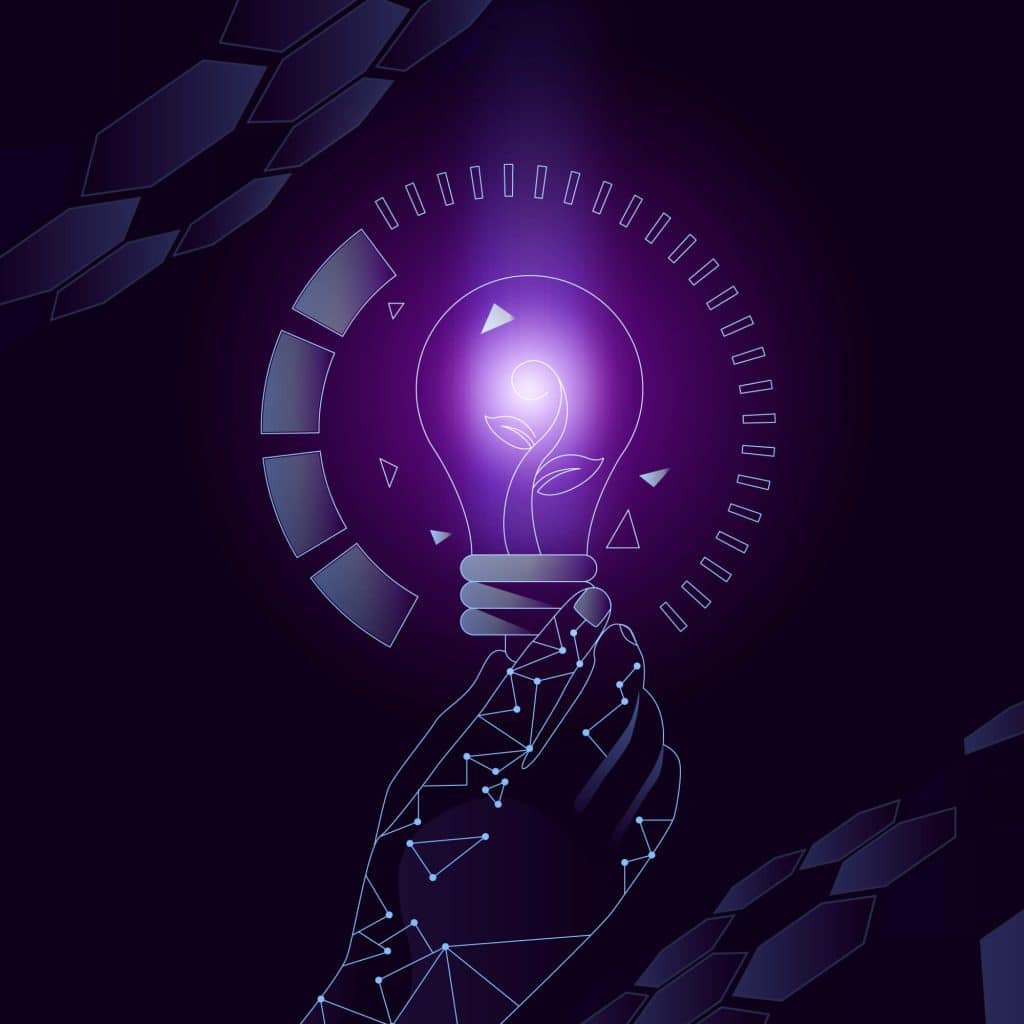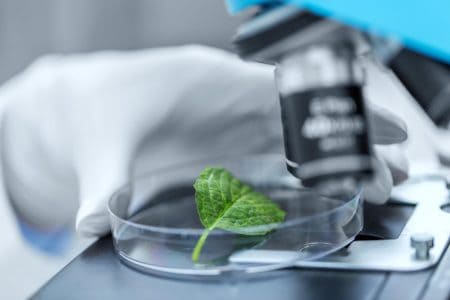
In a rapidly evolving world, new innovations continuously reshape our lives, bringing unprecedented convenience, efficiency, and opportunities. From groundbreaking technologies to revolutionary ideas, these advancements not only solve pressing challenges but also open doors to new possibilities. In this article, we’ll delve into some of the most exciting new innovations that are transforming various sectors, highlighting their impact and potential.
The Dawn of Artificial Intelligence and Machine Learning
Artificial Intelligence (AI) and Machine Learning (ML) have been at the forefront of technological innovation. AI, the simulation of human intelligence in machines, and ML, a subset of AI that involves computers learning from data, are revolutionizing industries across the board.
Healthcare
In healthcare, AI and ML are driving significant improvements. From predictive analytics that forecast disease outbreaks to personalized treatment plans based on genetic information, these technologies are enhancing patient care. AI-powered diagnostic tools can analyze medical images with remarkable accuracy, aiding in the early detection of conditions like cancer. Moreover, robotic surgery, guided by AI, offers precision that surpasses human capabilities, reducing recovery times and improving surgical outcomes.
Finance
The finance sector is also benefiting from AI and ML. Automated trading systems use algorithms to make split-second decisions, optimizing investment strategies. Fraud detection systems employ machine learning to identify suspicious transactions in real-time, safeguarding against financial crimes. Additionally, AI-powered chatbots provide customer service around the clock, improving client satisfaction and operational efficiency.
Transportation
Autonomous vehicles, powered by AI, promise to revolutionize transportation. Companies like Tesla and Waymo are developing self-driving cars that could reduce accidents, ease traffic congestion, and provide mobility solutions for those unable to drive. These vehicles rely on sophisticated AI systems to navigate roads, interpret traffic signals, and avoid obstacles, ensuring a safer and more efficient driving experience.
Renewable Energy Innovations
As the world grapples with climate change, new innovations in renewable energy are crucial. These advancements not only reduce our reliance on fossil fuels but also pave the way for a sustainable future.
Solar and Wind Power
Solar and wind power technologies have seen remarkable progress. Solar panels are now more efficient and affordable than ever, making it easier for households and businesses to harness solar energy. Innovations in wind turbines, such as floating offshore wind farms, enable the capture of wind energy in previously inaccessible locations. These developments contribute significantly to the global shift towards clean energy.
Energy Storage
Energy storage is another area experiencing rapid innovation. The development of high-capacity batteries, such as lithium-ion and solid-state batteries, is crucial for storing renewable energy. These batteries ensure a steady supply of power even when the sun isn’t shining or the wind isn’t blowing. Furthermore, advances in energy storage technology are making electric vehicles more viable, supporting the transition to greener transportation.
Smart Grids
Smart grids represent a transformative innovation in energy distribution. By using digital technology to monitor and manage the flow of electricity, smart grids enhance efficiency and reliability. They can integrate renewable energy sources seamlessly and respond dynamically to changes in energy demand, reducing wastage and lowering costs. This intelligent energy management system is essential for a sustainable and resilient energy infrastructure.
Biotechnology and Genetic Engineering
Biotechnology and genetic engineering are ushering in a new era of scientific innovation, with profound implications for healthcare, agriculture, and environmental conservation.
CRISPR and Gene Editing
CRISPR-Cas9, a revolutionary gene-editing tool, allows scientists to alter DNA with unprecedented precision. This technology holds promise for treating genetic disorders, developing disease-resistant crops, and eradicating pests. In medicine, CRISPR is being explored for its potential to correct genetic defects, offering hope for cures to previously untreatable conditions.
Personalized Medicine
Personalized medicine, driven by genetic engineering, tailors treatments to individual patients based on their genetic profiles. By understanding the genetic factors that influence how patients respond to medications, healthcare providers can prescribe more effective treatments with fewer side effects. This approach is revolutionizing oncology, where personalized therapies target specific genetic mutations in cancer cells, improving treatment outcomes.
Agricultural Innovations
In agriculture, biotechnology is enhancing crop yields and resilience. Genetically modified organisms (GMOs) are engineered to withstand pests, diseases, and environmental stresses, ensuring food security in the face of climate change. Innovations like lab-grown meat, produced through cellular agriculture, offer sustainable alternatives to traditional livestock farming, reducing the environmental impact of food production.
The Internet of Things (IoT)
The Internet of Things (IoT) is connecting everyday objects to the internet, enabling them to send and receive data. This interconnected network of devices is transforming industries and our daily lives.
Smart Homes
In smart homes, IoT devices such as thermostats, lights, and security systems can be controlled remotely via smartphones. These devices not only offer convenience but also enhance energy efficiency and security. For instance, smart thermostats learn users’ preferences and adjust temperatures automatically, reducing energy consumption. Smart security systems provide real-time monitoring and alerts, improving home safety.
Industrial IoT
In manufacturing, the Industrial IoT (IIoT) is driving the fourth industrial revolution, or Industry 4.0. IIoT enables the collection and analysis of data from machinery and equipment, optimizing production processes and minimizing downtime. Predictive maintenance, powered by IIoT, identifies potential equipment failures before they occur, reducing maintenance costs and improving operational efficiency.
Healthcare IoT
In healthcare, IoT devices like wearable fitness trackers and remote monitoring systems collect vital health data. This information can be shared with healthcare providers, allowing for continuous monitoring of patients with chronic conditions. IoT-enabled devices also support telemedicine, providing remote consultations and reducing the need for hospital visits.
Quantum Computing
Quantum computing represents a leap forward in computational power. Unlike classical computers, which use bits to process information, quantum computers use qubits, enabling them to solve complex problems exponentially faster.
Drug Discovery
In drug discovery, quantum computing can simulate molecular interactions at an unprecedented scale, accelerating the development of new medications. This capability allows researchers to identify promising compounds more quickly, reducing the time and cost associated with bringing new drugs to market.
Cryptography
Quantum computing has significant implications for cryptography. While it poses a threat to current encryption methods, it also offers the potential for quantum-resistant cryptography. This new form of encryption could safeguard sensitive data against future cyber threats, ensuring the security of digital communications.
Optimization Problems
Quantum computers excel at solving optimization problems, which involve finding the best solution from a vast number of possibilities. This capability has applications in logistics, finance, and artificial intelligence, where optimal solutions can lead to significant cost savings and performance improvements.
Conclusion
New innovations are driving profound changes across various sectors, enhancing our lives in countless ways. From the transformative potential of AI and renewable energy to breakthroughs in biotechnology and quantum computing, these advancements are paving the way for a brighter, more sustainable future. As we continue to embrace and develop these innovations, we can look forward to a world where technology and creativity converge to solve the challenges of today and unlock the possibilities of tomorrow.



